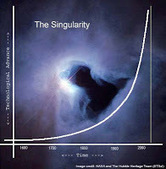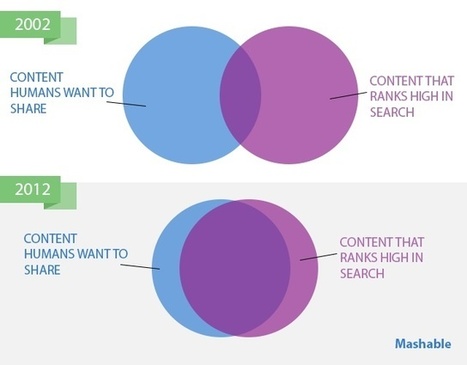In 2013, both large and small retailers earned business by making social media a priority. But it was the small merchants, operating exclusively online, that dominated the top ranks of the social media 500. This infographic takes a closer look at how SMBs can harness the power of smart placement, great content and nimble response.
Marty Note
I Loved this Line
"According to an Internet Retailer study, monthly referral traffic to e-commerce websites from Twitter, Pinterest, Facebook, and YouTube increased 42 percent, while the revenue generated from those visitors jumped nealry 63 percent."
There has been a debate about social media and SEO. Google continues to insist SMM has no role in ranking. This is disingenuous because it isolates Google from its parts.
Social media, as this infographic shows conclusively, helps with important Internet concepts like traffic, revenue and loyalty. Those are the "parts" that Google's continued claims that SMM doesn't impact rankings discounts.
Everything impacts rankings. Everything that brings traffic to or back to a website impacts SEO rankings. It has to since that is the nature of the game we play.
Good conversation breaking out on G+
https://plus.google.com/102639884404823294558/posts/VG9kxyBLaAH
Via Hannah Kramer



 Your new post is loading...
Your new post is loading...

![Social Media Referral Traffic +42%, $ Jumps + 63% and SMBs Rule [infographic] | Curation Revolution | Scoop.it](https://img.scoop.it/vwKCdwjyJYzFuRYXwOHpezl72eJkfbmt4t8yenImKBVvK0kTmF0xjctABnaLJIm9)



![7 SEO Common and Dangerous Misconceptions Put Right [+ @ScentTrail Notes] | Curation Revolution | Scoop.it](https://img.scoop.it/njNgQ2k5OnWQFZ2s4GlRxDl72eJkfbmt4t8yenImKBVvK0kTmF0xjctABnaLJIm9)








It's all about the interaction of consumers with products online. The recently released Google's new Hummingbird algorithm put more weight to how your business, product, or service is being talked about on the social Web.
Stay in the race by grasping social media